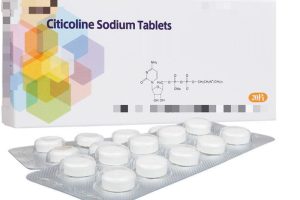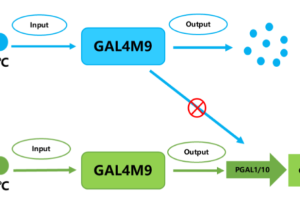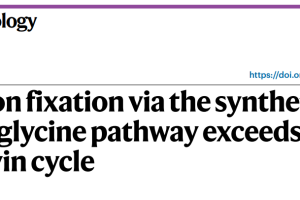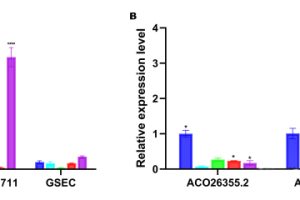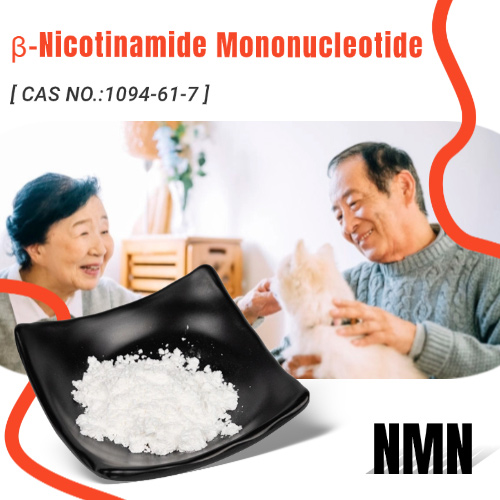An international authoritative journal published a human clinical trial on β-nicotinamide mononucleotide (NMN).
The trial explored in depth the effects of NMN on blood nicotinamide adenine dinucleotide (NAD+) levels, physical function (especially walking function), and sleep quality in older adults.
Experimental design
The randomized, double-blind, placebo-controlled design method was adopted to ensure the objectivity and reliability of the results.
The trial involved hundreds of older adults who were randomly assigned to either NMN or placebo. Participants in the NMN group received a daily dose of NMN for a period of time (such as 12 weeks).

During the trial, the participants’ blood NAD+ levels, physical function (including walking speed, grip strength, etc.), and sleep quality were monitored and evaluated in detail.
Test result
Blood NAD+ levels
The results of the trial showed that older adults in the NMN group had significantly higher levels of NAD+ and its metabolites in their blood after ingestion of NMN compared to the placebo group.
This result is consistent with previous research and further confirms the effectiveness of NMN in raising NAD+ levels in human blood.

Body function
In terms of physical function, the elderly in the NMN group showed significant improvements in walking speed and grip strength.
Specifically in tests of walking function, older adults in the NMN group showed faster walking times on the 4-meter walking test than those in the placebo group.
This result suggests that NMN intake may help maintain or increase walking speed in older adults, thereby improving their daily living function and independence.
Sleep quality
The trial also observed a positive effect of NMN on sleep quality in the elderly. On the Pittsburgh Sleep Quality Index (PSQI) score, participants in the NMN group had significant reductions in both “daytime dysfunction” and “overall PSQI” scores.
This suggests that NMN may help improve sleep disorders in older adults, such as insomnia, sleep apnea, and restless leg syndrome.
Further studies have also found that NMN is able to increase deep sleep and REM sleep in middle-aged and elderly people, thereby further improving sleep quality.
Sum up
The results of this trial not only confirm the effectiveness of NMN in increasing blood levels of NAD+ in the elderly, but also reveal its positive role in improving physical function and sleep quality.
These findings highlight the importance of NMN as a potential intervention in delaying aging and improving quality of life in older adults.



